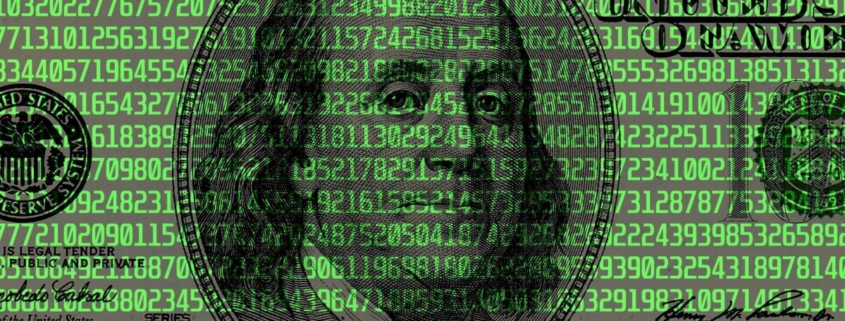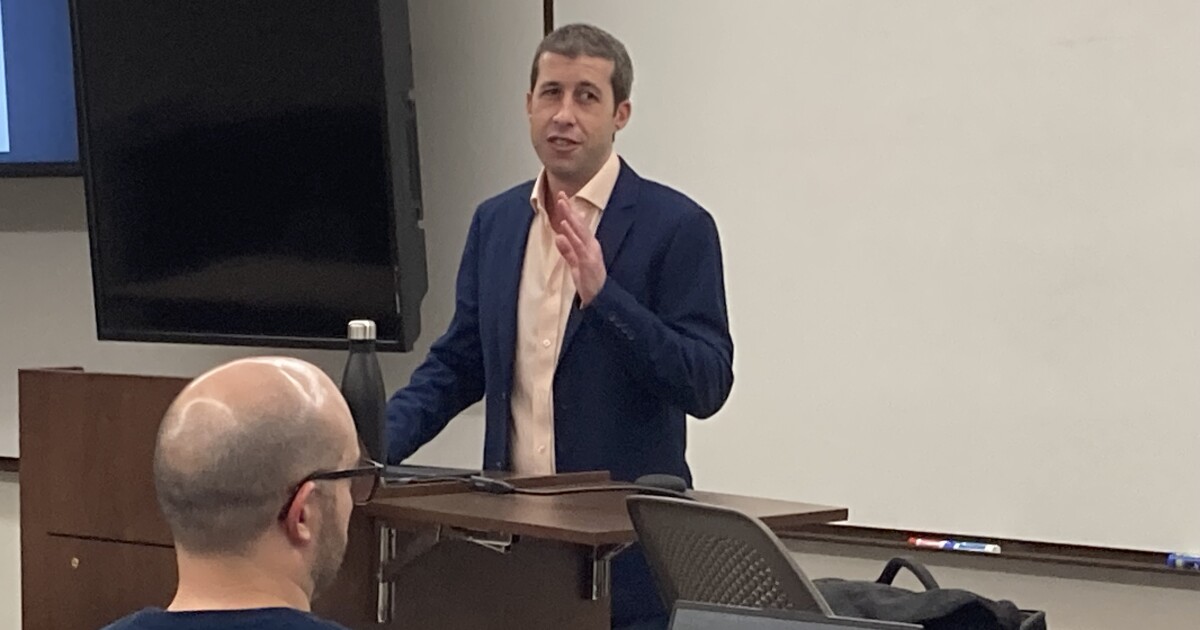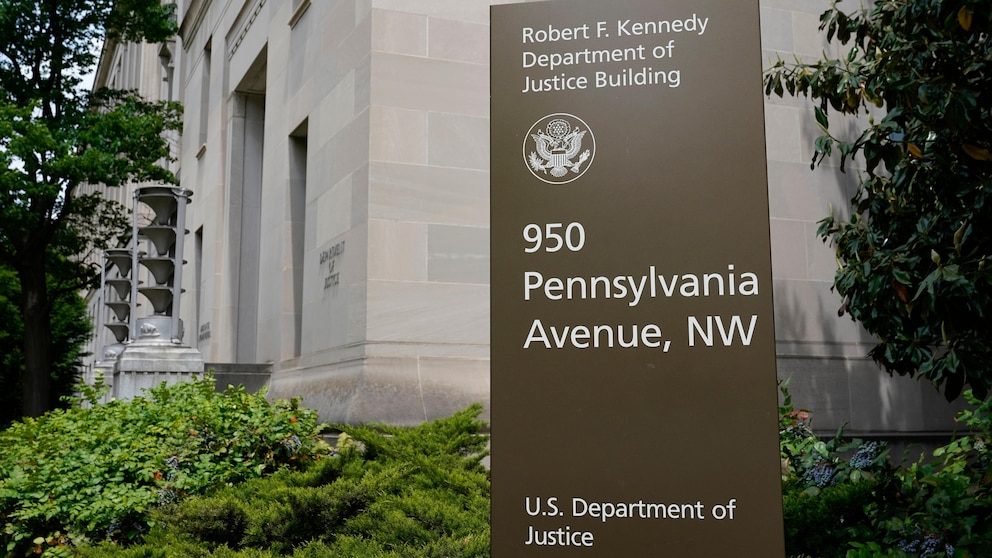Hackers out to get you? Here’s 5 tips to stay ahead
“In today’s connected world, it is a matter of when rather than if you will experience someone trying to hack you.” – Cybersecurity experts.
Your mobile gadgets may be your pride and joy, but for cybercriminals, they’re gold-in-transit.
Truth is, technology has simplified our lives, making it easy to communicate with people from all corners of the globe, but it has also left us vulnerable to cyber-attacks.
Think about it, your cell phone contains nearly every detail of your life – your pictures, personal information, and even your banking credentials.
Having control of your admin at your fingertips may be convenient, but guess who else appreciates the ease of access – the guy on the world-wide-web eagerly waiting for a chance to pounce.
ALSO READ: How the ‘get to know me’ social media challenge could end in tears
‘It’s only a matter of time’
“In today’s connected world, it is a matter of when rather than if you will experience someone trying to hack you.
“With cybercriminals becoming more sophisticated in their attempts, it is possible that at some point or another you may interact with a scammer or click on a phishing link,” said Kaspersky, a cybersecurity firm.
Since we’ve reached the point of no return when it comes to the use of technology, the only option available is to beef up our online security.
Kaspersky shared useful tips to apply as you navigate your way in the digital era.
Don’t give any more information
Cell phone usage has become somewhat a thoughtless exercise, with users paying less attention as they scroll on the Internet.
Kaspersky cautioned Internet users against giving away their information online.
“If something feels ‘off’ about a website you are led to after clicking a link, asking for your name, email, phone number, or bank card information, close it immediately.”
Criminals have also been increasingly attempting to scam people via phone calls, often asking for personal information.
“If you are talking to someone on the phone, and the conversation seems even just a little strange, hang up immediately and do not answer if they call back.
“And if you…



